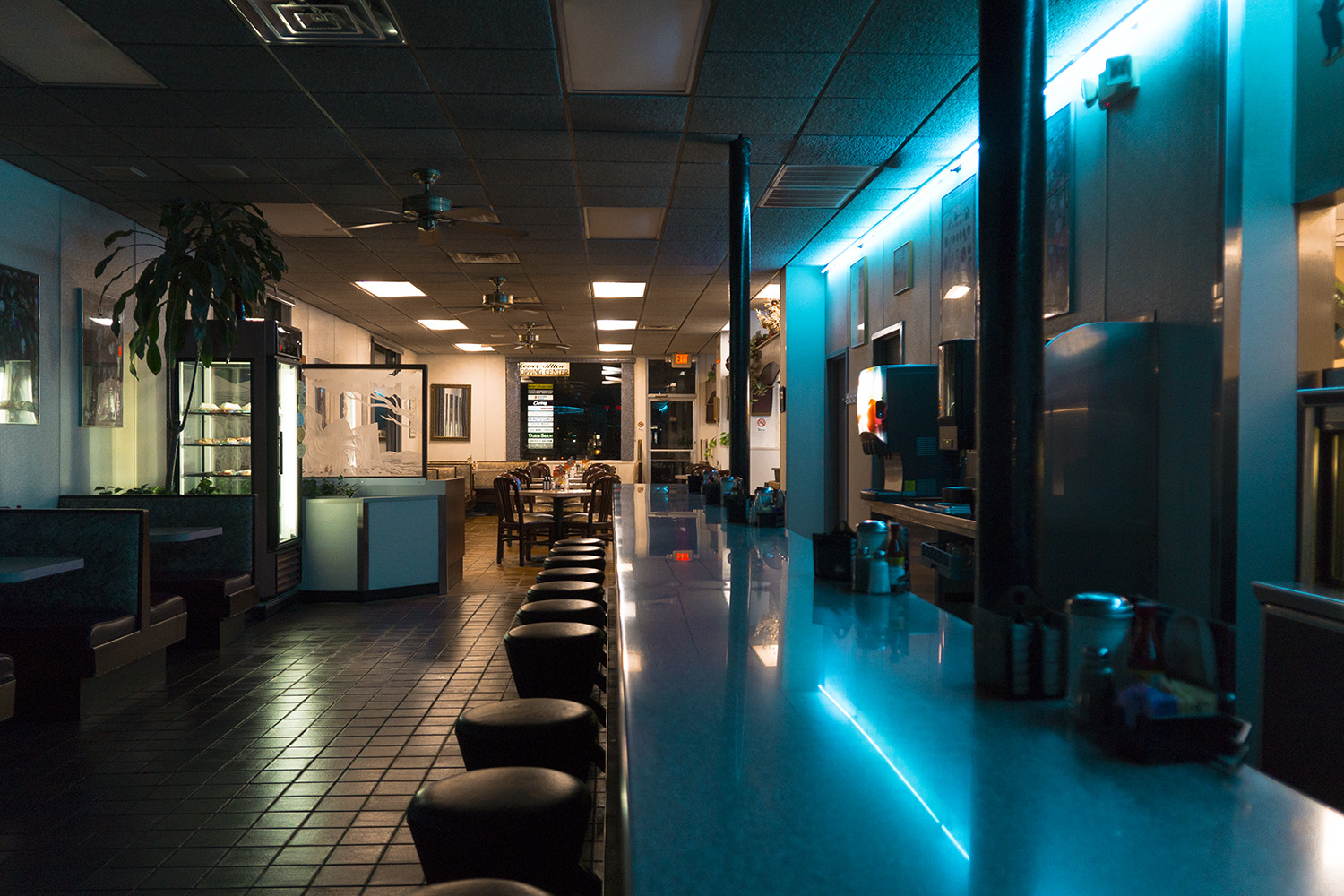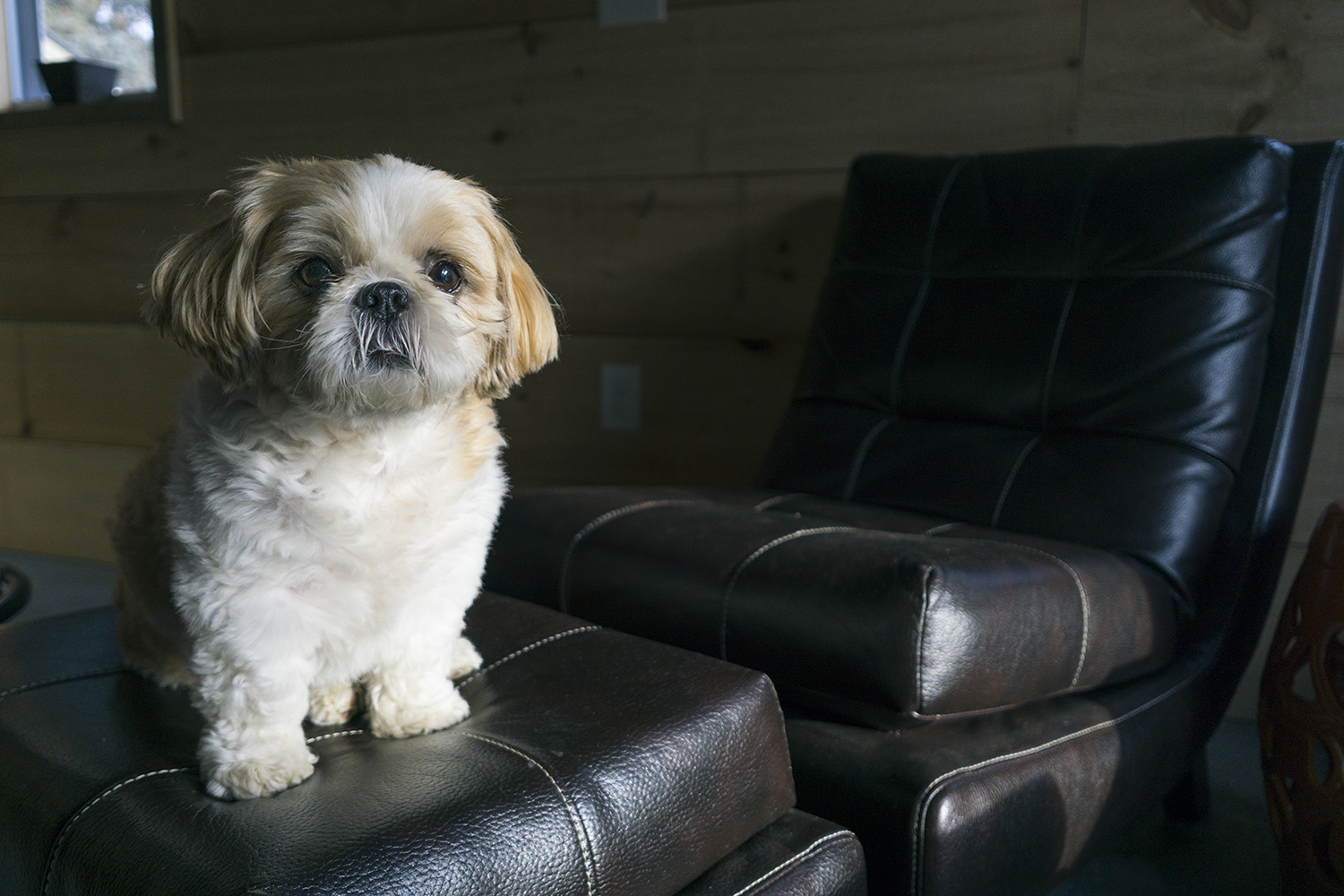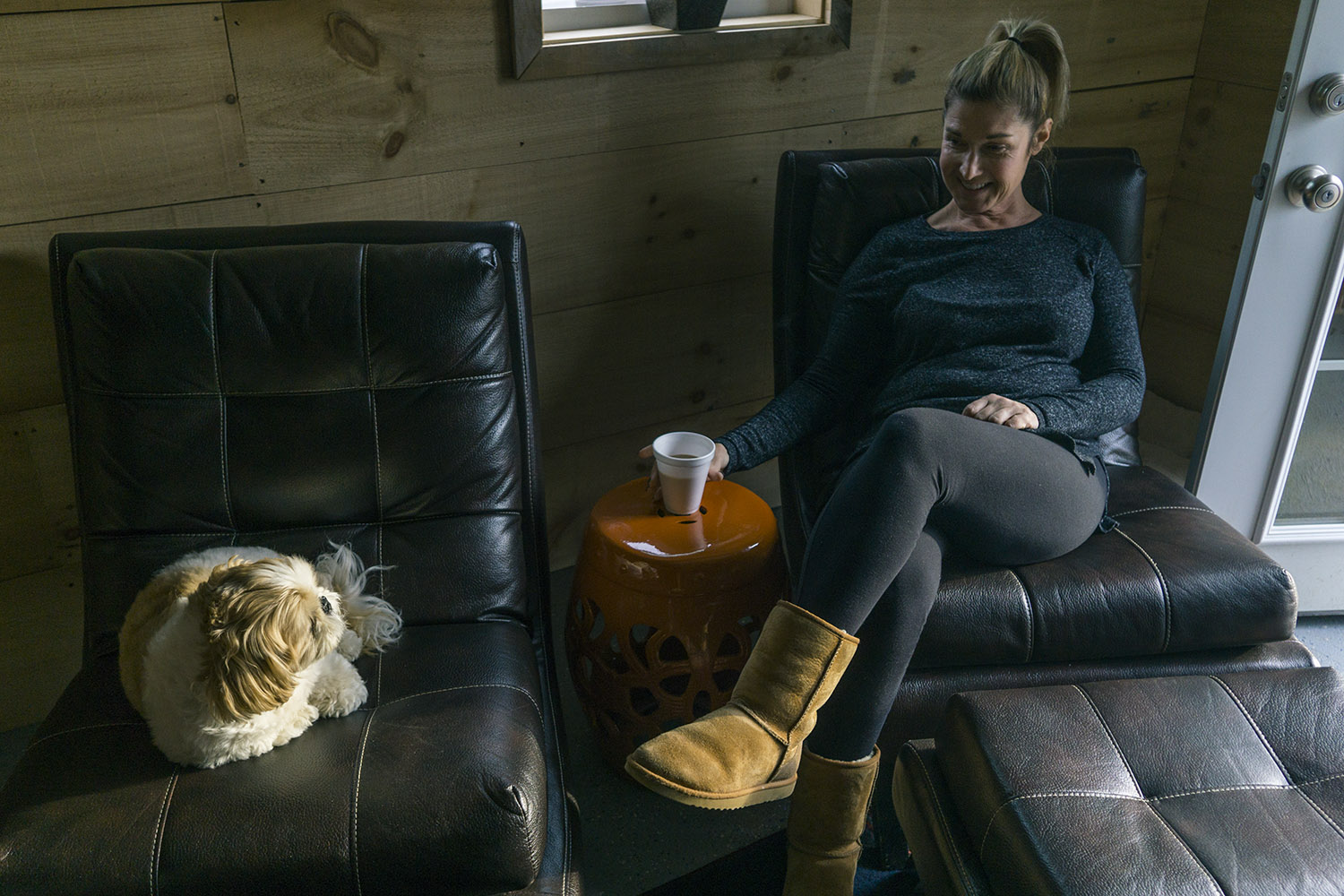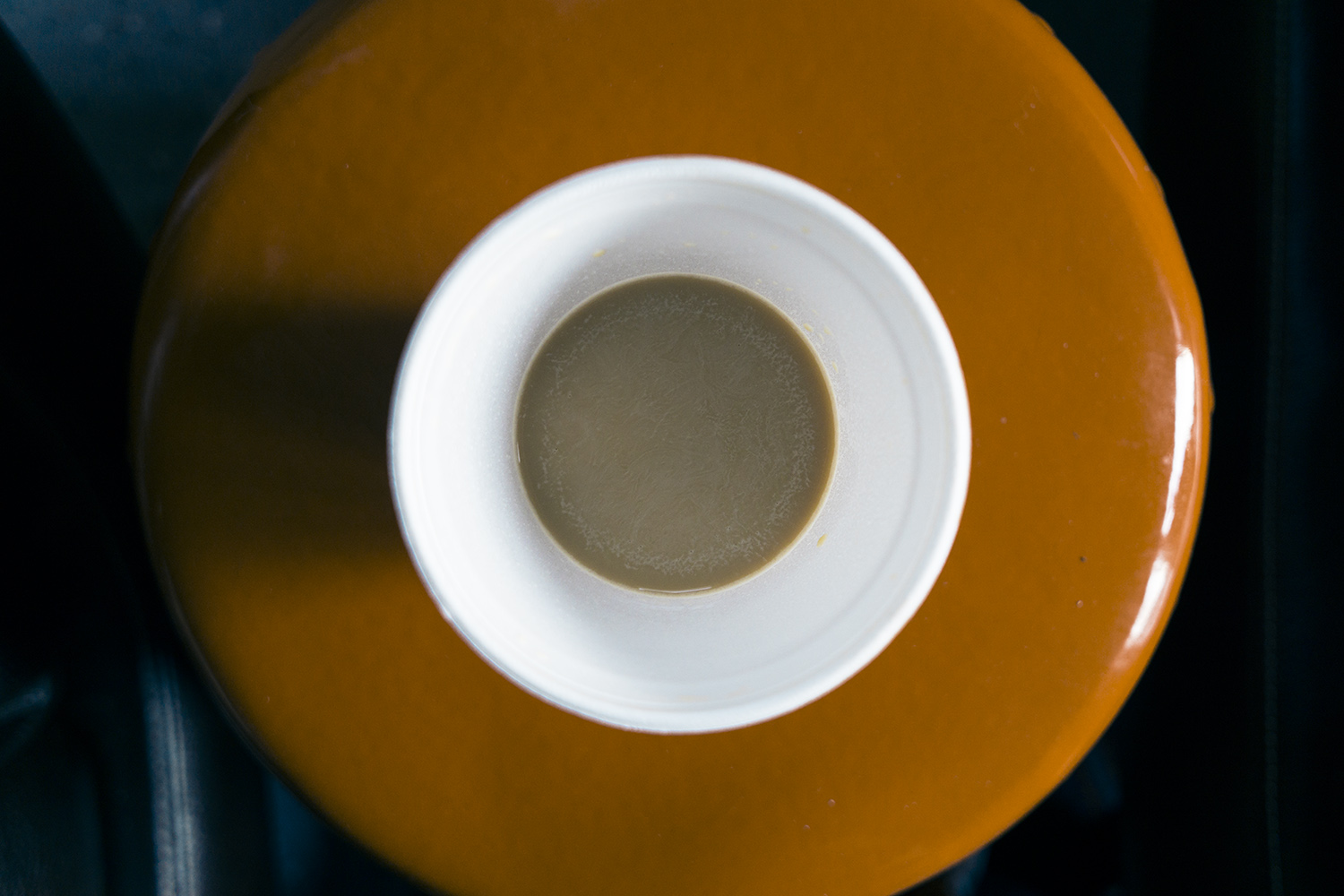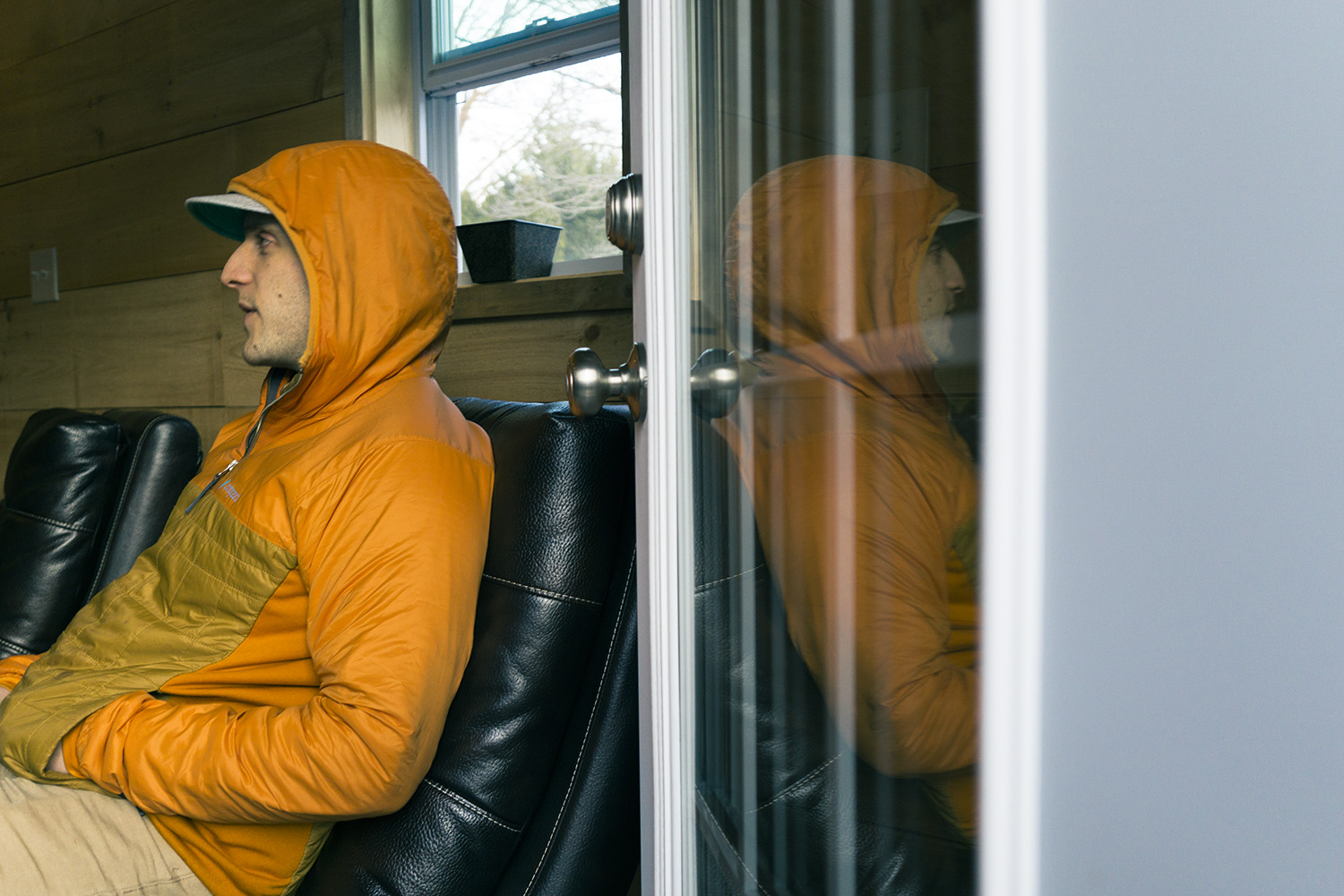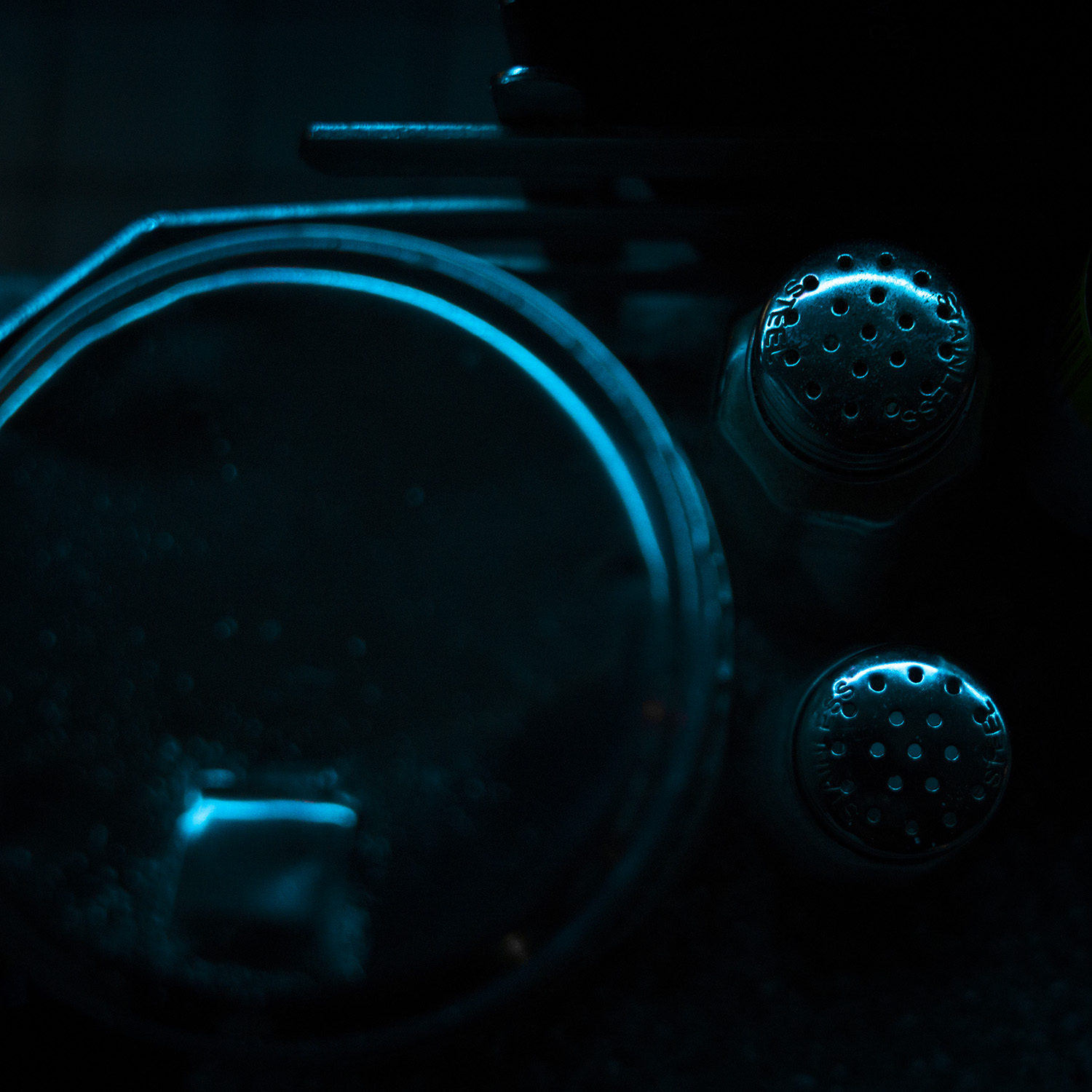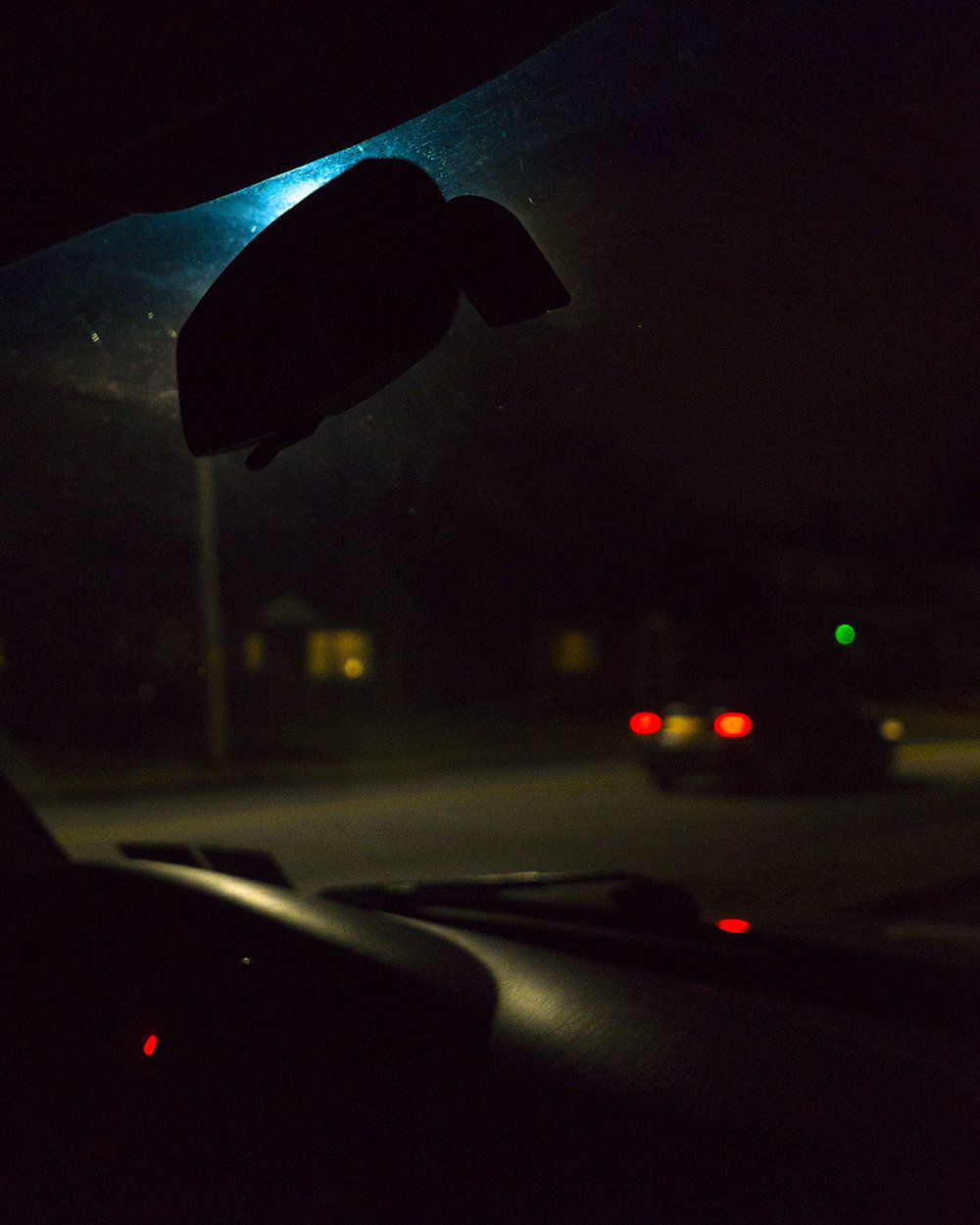
It was about a year ago that my love for still photography began to burn bright again. For the 3 years prior I had been working almost exclusively with video for Black Owl Outdoors. Slowly my still photography became something I did only when I pulled my phone out. I dedicated my 7D to video and my phone to photography, and that was that. It wasn’t like I bought a bunch of specific video gear, it was more of a mind set I attributed to the 7D. It was my video camera. Yes it was fully capable as a still camera, but there was something that felt right about calling and treating it as my video camera.
It was also about a year ago when I first stumbled upon the incredible YouTube channel for photography, aptly named The Art of Photography, hosted by Ted Forbes. When I first started watching the channel most of the videos were art history in nature. Each episode highlighted a different photographer, usually from yesteryear, and their respective body of work. Most of the photographers that I found myself drawn to shot almost exclusively in black & white. The portraits of Arnold Newman. The street photography of Fan Ho. There was something mystical and mysterious about the black and white photography. Needless to say for the next year or so I shot almost exclusively in black & white. And then slowly the color began to return.
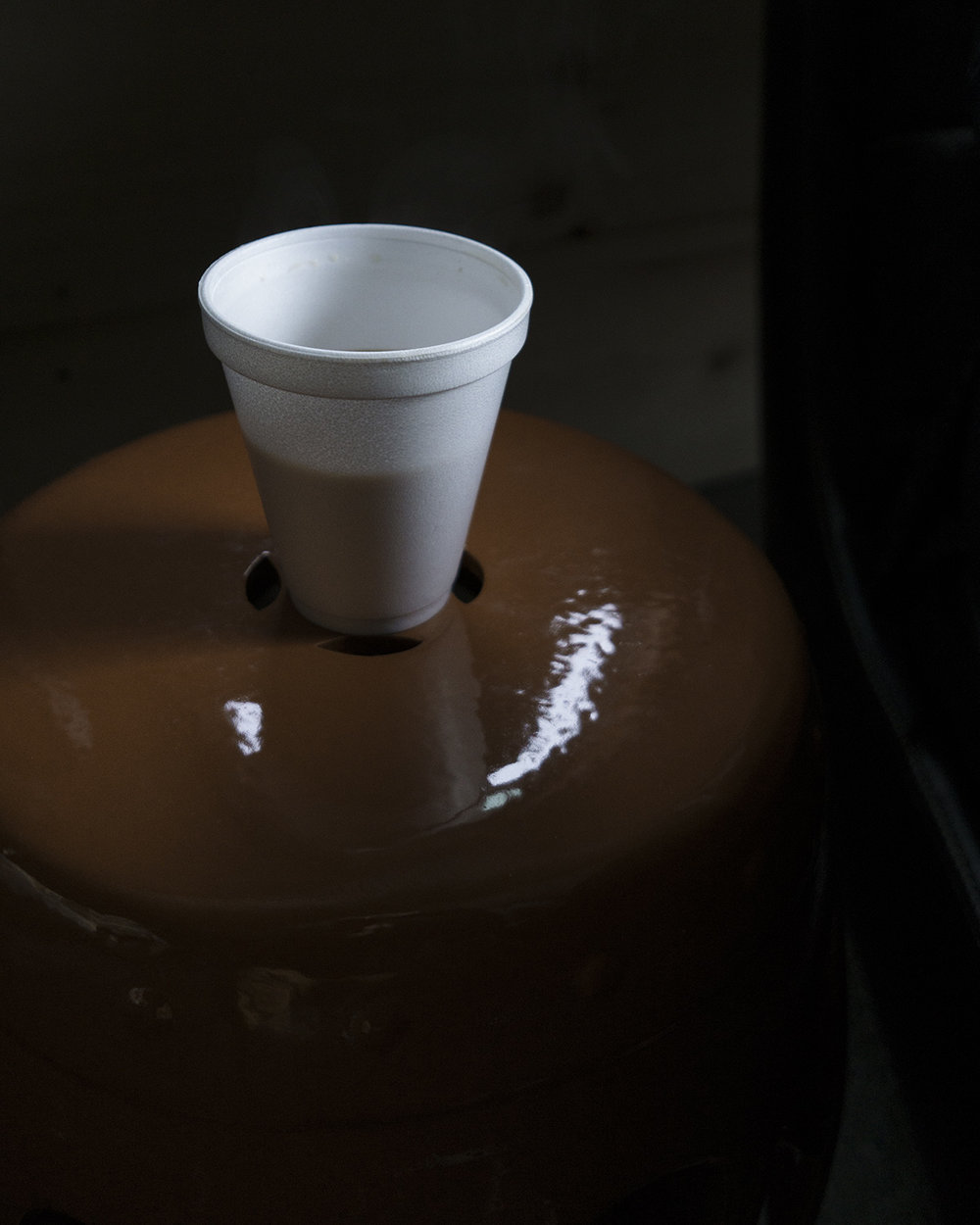
If you’ve read my previous posts, or seen any of the included photography, you may have noticed color slowly creeping into my finished images. I can’t exactly explain why, but I am quite happy with some of the results. A couple of months ago I decided I wanted to start working on seeing light more accurately. I started by turning some of my older photos into black & white so I could study their exposure and not be distracted by colors. After processing countless photos and studying the effects of post production on their overall look, I started to see the world a bit differently. I started noticing nuances in light that I had never seen before. The highlights popped out and the shadows fell back. It was much easier to separate the highlights from the light, the darks from the shadows.
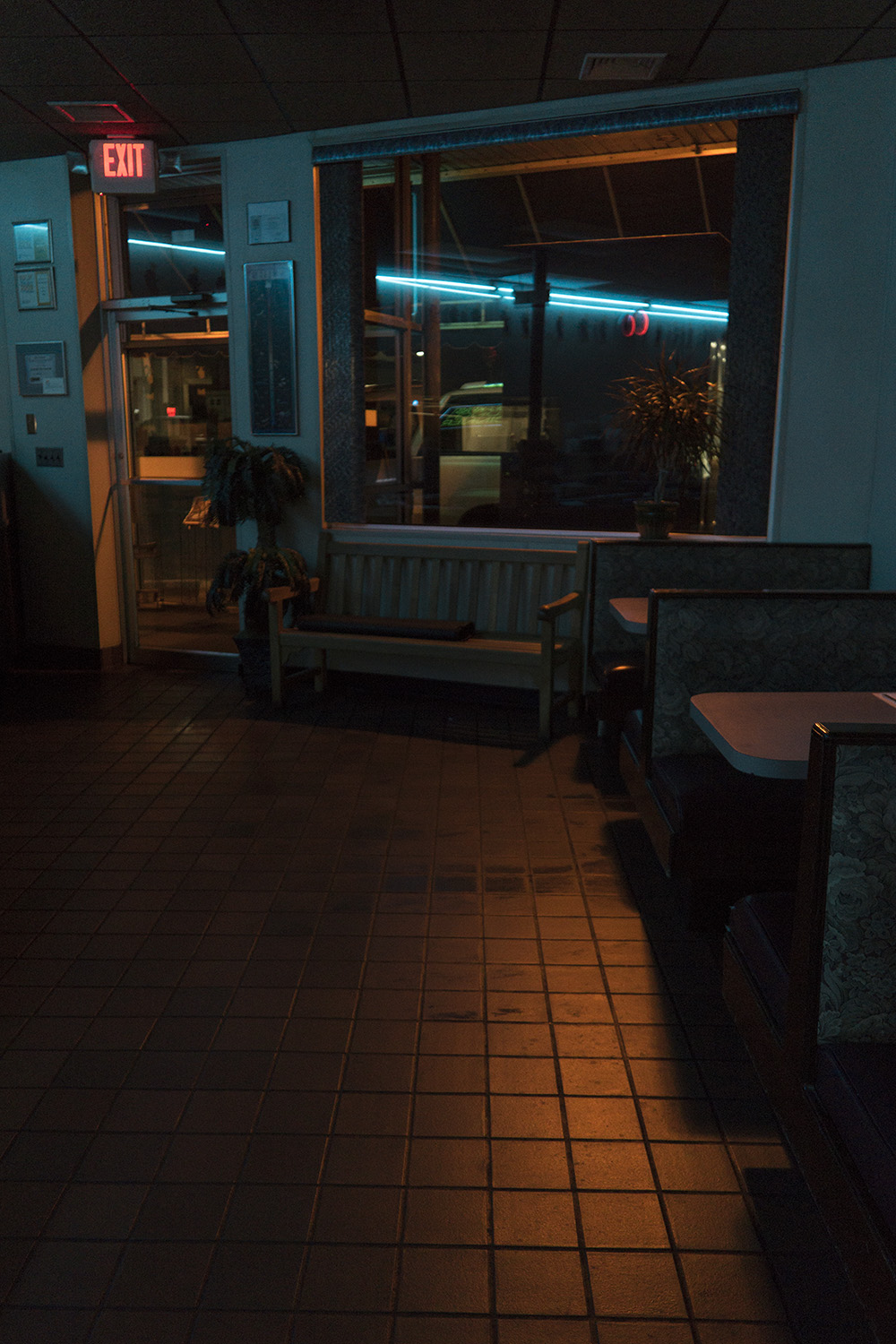
An unintended, or perhaps unforeseen, consequence to my study of light was the introduction of color theory. As mentioned before in order to study exposure I analyzed black and white images to get a “purer” sense of the light. But when I stepped out of my front door, to the chagrin of dualists, my world wasn’t in black and white, it was full blown color, obviously. If I really wanted to study the visible spectrum of light, of course color would be an enormous part of that.
I suppose this post is an anchor point more than anything else. Something I will be able to look back upon and say, “that’s when I started studying color seriously”.
If you’ve made it this far in the post, I thank you sincerely for sticking around through my self-indulgent rambling.
If you have any questions, comments or whatever, don’t hesitate to contact me.
